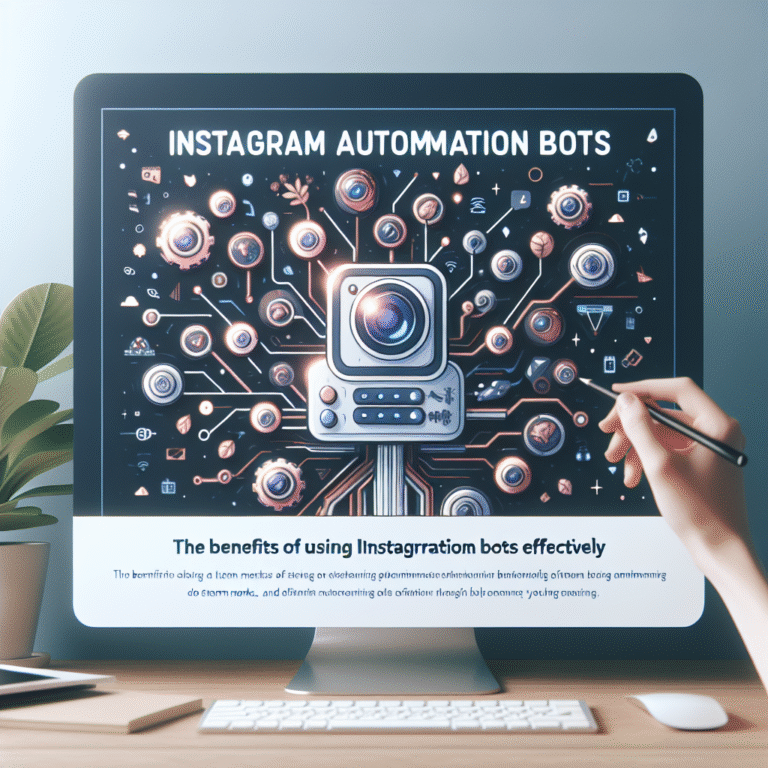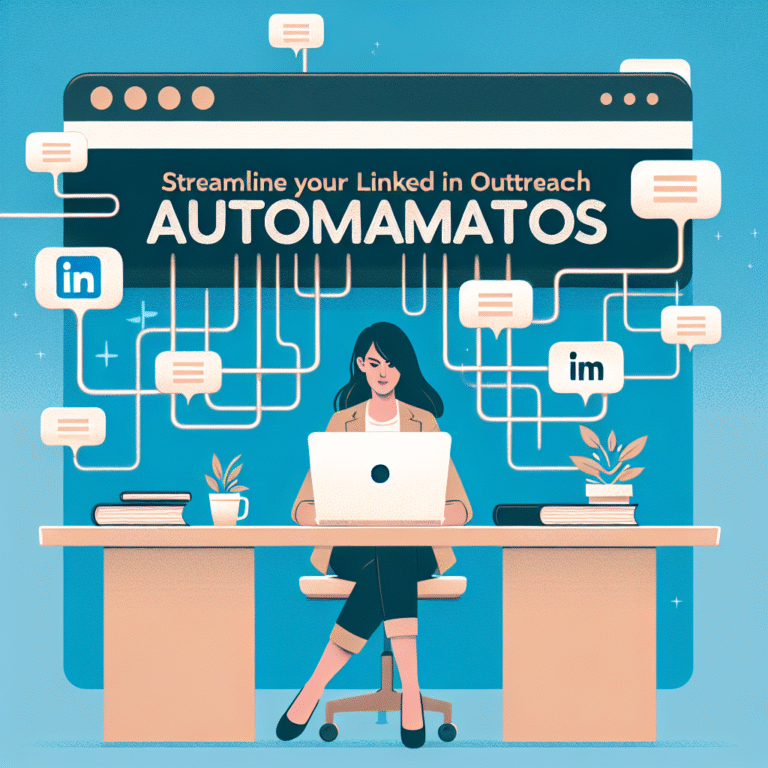Streamlining Healthcare Admin: The Power of Automation
Introduction
In the fast-evolving landscape of healthcare, the importance of automation in healthcare administration cannot be overstated. As healthcare systems face increasing pressure to improve efficiency and reduce costs, automation emerges as a pivotal solution to streamline operations and enhance the overall patient experience.
Currently, healthcare administrators grapple with numerous challenges, including excessive administrative burdens, the complexity of regulatory compliance, and the need for accurate patient data management. These challenges necessitate the adoption of innovative solutions that can drive efficiency and effectiveness in healthcare operations.
Understanding Automation in Healthcare Admin
Automation refers to the technology that performs tasks with minimal human intervention. In healthcare, this can manifest in various forms, from simple software applications to complex healthcare management systems that integrate multiple functions.
Types of automation used in healthcare include:
- Workflow automation: Streamlining processes to reduce manual effort.
- Robotic process automation (RPA): Automating repetitive tasks through software robots.
- Artificial intelligence: Leveraging AI for predictive analytics and decision-making.
Benefits of Automation
Automation presents numerous benefits to healthcare administrators, including:
- Improved efficiency: Reduces the time spent on administrative tasks, allowing staff to focus on patient care.
- Cost savings: Decreases operational costs through the reduction of manual labor and errors.
- Enhanced patient care: Facilitates timely access to patient information, improving the quality of care.
Key Areas for Automation in Healthcare Admin
Several key areas within healthcare administration can benefit significantly from automation:
- Appointment scheduling: Automated systems can streamline patient scheduling and reduce no-shows.
- Billing and claims processing: Automation helps to expedite the billing process and minimize errors.
- Patient data management: Automated processes ensure data accuracy and compliance with regulations.
- Communication and notifications: Automated alerts and reminders improve patient engagement and satisfaction.
Challenges of Implementing Automation
Despite the clear advantages, implementing automation in healthcare administration comes with its own set of challenges:
- Resistance to change: Staff may be hesitant to adopt new technologies.
- Integration with existing systems: Ensuring compatibility with current infrastructure can be difficult.
- Training staff: Adequate training is crucial for successful implementation.
Best Practices for Successful Automation
To maximize the benefits of automation in healthcare administration, consider the following best practices:
- Assessing needs and goals: Identify specific areas where automation can provide the most value.
- Choosing the right tools: Select automation tools that align with organizational objectives.
- Continuous evaluation and improvement: Regularly assess the effectiveness of automated processes and make adjustments as needed.
Future Trends in Healthcare Automation
The future of healthcare automation is promising, characterized by advancements such as:
- AI and machine learning: These technologies will enhance data analysis and decision-making.
- Predictive analytics: Automation will enable proactive healthcare management through data insights.
- Telehealth integration: Automation will streamline telehealth services, improving accessibility and patient care.
Conclusion
In conclusion, the benefits of automation in healthcare administration are clear. By enhancing efficiency, reducing costs, and improving patient care, automation stands as a powerful tool for healthcare administrators. As the industry continues to navigate challenges, embracing automation is crucial for successful healthcare management. Healthcare administrators are encouraged to explore automation solutions and take proactive steps toward digital transformation.
FAQ
What is automation in healthcare admin?
Automation in healthcare administration refers to the use of technology to perform administrative tasks with minimal human intervention, enhancing efficiency and accuracy.
How can automation improve patient care?
By streamlining processes and ensuring timely access to patient information, automation enhances the quality of care and the overall patient experience.
What are common tools for automating healthcare admin?
Common tools include electronic health records (EHR) systems, billing software, appointment scheduling solutions, and communication platforms.
What challenges may arise from implementing automation in healthcare?
Challenges include resistance to change, integration with existing systems, and the need for staff training to effectively use new technologies.




